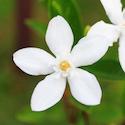Picture this: you step into your garden, eagerly anticipating the fragrant blossoms of your beloved jasmine plants. But instead, you find an army of tiny invaders wreaking havoc on your precious blooms!
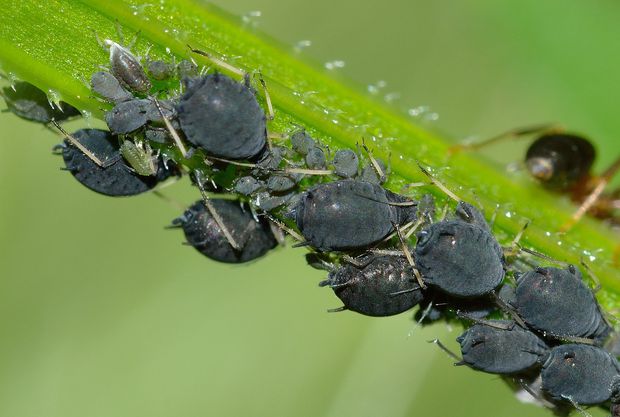
Aphids those minuscule troublemakers have long plagued gardens worldwide, causing distress among horticultural enthusiasts. These sap-sucking insects multiply with lightning speed and have an insatiable appetite for our beloved plants and flowers.
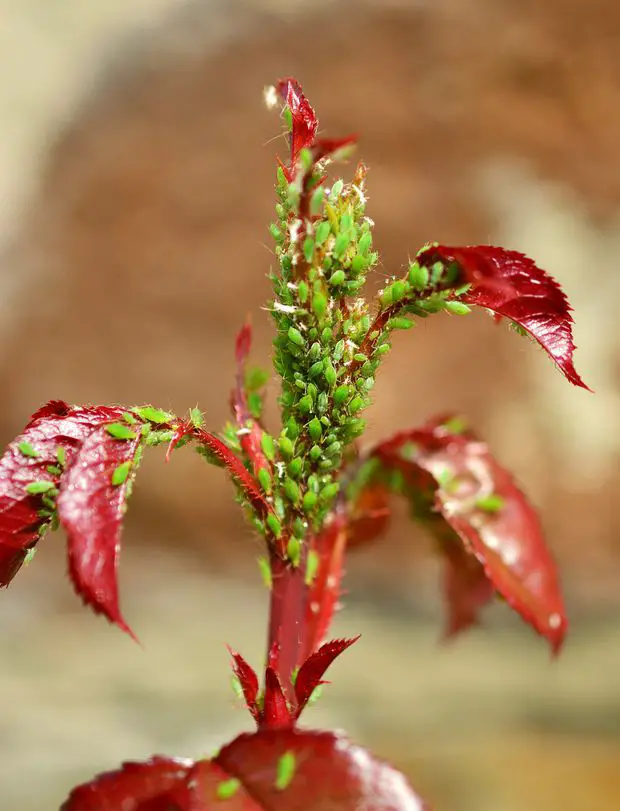
As we explore the impact of aphids on jasmine plants, we will uncover the telltale signs of infestation and discover effective strategies for managing these garden intruders. Moreover, we will dive into a fascinating topic: the potential use of vinegar as a natural remedy to fight aphids. but can this humble kitchen ingredient truly come to the rescue of our cherished jasmine plants?
Yes, vinegar kills aphids. Its acidity disrupts its protective coatings. Dilute vinegar (1:3 ratio) can be sprayed on infested areas, but be cautious with sensitive plants. Monitor and adjust for effective control.
Are you ready to regain control over your garden and reclaim the vibrant beauty of your jasmine blooms? In this article, we will dive into the world of aphids—the pesky pests that threaten the health and vitality of our jasmine and other garden plants, both indoors and outdoors.
Jasmine, known for its exquisite fragrance and delicate flowers, deserves our utmost attention and care to preserve its charm and vitality. When it comes to our cherished jasmine species, aphids pose a significant threat. Whether you have jasmine plants growing indoors or outdoors, the presence of aphids can compromise the health of these beautiful blooms.
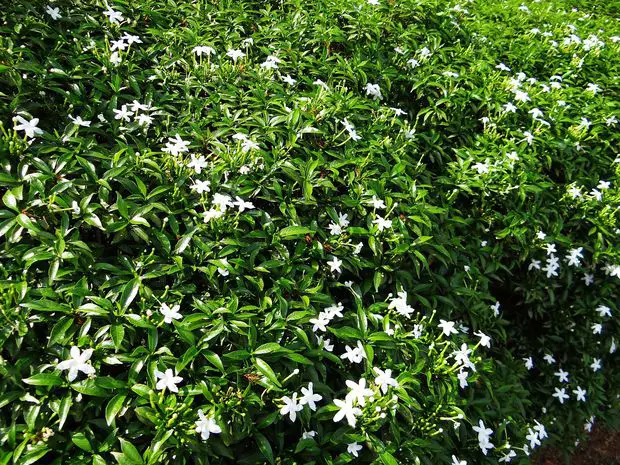
Can You Kill Aphids with Vinegar? A Personal Experience and Step-by-Step Guide
Vinegar, a staple in many households, has gained popularity as a natural remedy for various purposes, including pest control. But can it effectively eliminate aphids and help safeguard our precious jasmine plants?
Let me share my personal experience with you. I was tending to my jasmine plants, eagerly anticipating their fragrant blooms, when I noticed a group of tiny invaders feasting on the tender leaves.
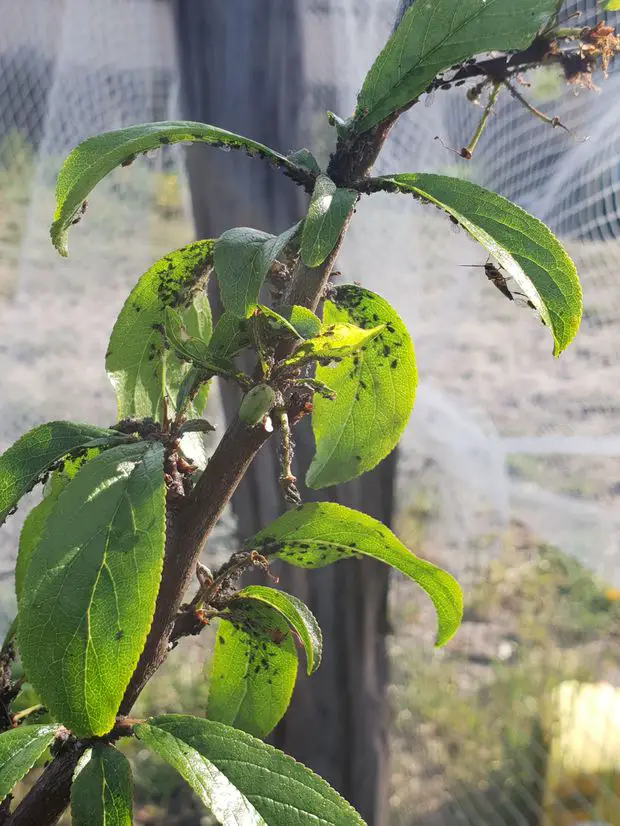
Frustrated but determined, I turned to a trusted remedy: vinegar! Allow me to guide you through the process, sharing a couple of effective homemade recipes along the way. Let's dive into the things to know about the potential of vinegar as a weapon against these tiny intruders:
- Acidity: Vinegar, especially white vinegar, boasts high acidity levels, which can disrupt the delicate internal systems of aphids. The acidic nature of vinegar can cause damage to its outer protective layer, leading to dehydration and eventual demise.
- Desiccation by contact: When sprayed directly on aphids, vinegar works primarily through contact and desiccation. The acidic properties of vinegar can break down the protective waxy coating on the aphids' bodies, ultimately causing them to dry out and perish.
- Diluted application: It is important to dilute vinegar before using it on plants to avoid potential harm. A recommended dilution ratio is one part vinegar to three parts water. Using a spray bottle, carefully apply the vinegar solution directly to the affected areas of the plant, ensuring thorough coverage.
- Effectiveness: While vinegar can be effective in controlling aphids, it may not completely eradicate severe infestations or eliminate the entire population. It is most suitable for minor infestations or as a supplementary method alongside other pest control measures.
- Precautions: Remember, vinegar is highly acidic, and its application can potentially harm plant tissues, especially sensitive plants or new growth. To avoid unintended damage, it is advisable to test the vinegar solution on a small, inconspicuous area of the plant before applying it extensively.
- Persistent applications: The effectiveness of vinegar as a pesticide may diminish over time. Since aphids can reproduce rapidly, it may be necessary to repeat the vinegar application regularly to control the population and prevent re-infestation.
- Integrated Pest Management (IPM): To ensure comprehensive aphid control, it is best to adopt an integrated approach that combines various methods. This can include physical removal, such as handpicking aphids, introducing beneficial insects, such as ladybugs, and maintaining a healthy garden environment.

While vinegar can be a natural and accessible option, it is essential to adopt an integrated approach to aphid control. Consider combining vinegar treatment with other methods, such as the physical removal of aphids, introducing beneficial insects like ladybugs, or maintaining a healthy garden environment.
First, let's explore the best types of vinegar for this task. While white vinegar is commonly used due to its high acidity, apple cider vinegar and distilled vinegar are also effective options. These vinegars contain acetic acid, which plays a crucial role in combating aphids.
Here are two proven homemade vinegar recipes that you can use to control aphids on your plants:
- Simple Vinegar Solution
- Ingredients
- 1 cup of white vinegar or apple cider vinegar
- 3 cups of water
- 1 teaspoon of liquid dish soap (optional)
- Instructions
- In a spray bottle, combine 1 cup of vinegar with 3 cups of water. Optionally, add 1 teaspoon of liquid dish soap to enhance the solution's effectiveness.
- Shake the bottle vigorously to ensure the ingredients are well mixed.
- Garlic-Infused Vinegar Spray
- Ingredients
- 2 cups of distilled vinegar
- 4 cloves of garlic
- 1 teaspoon of liquid dish soap (optional)
- Instructions
- Crush or finely chop 4 cloves of garlic
- In a glass jar, combine the crushed garlic and 2 cups of distilled vinegar Seal the jar and let it sit for at least 24 hours to allow the garlic to infuse into the vinegar
- Strain the vinegar to remove the garlic pieces
- Add 1 teaspoon of liquid dish soap (optional) to the garlic-infused vinegar and mix well
Now, let's move on to applying the vinegar solution to your plants:
- Identify and Target Aphid-Infested Areas
- Inspect your jasmine plants carefully, focusing on the undersides of leaves, new growth, and buds. Look for clusters of small, soft-bodied insects. Pay attention to areas where aphid activity is concentrated.
- Apply the Vinegar Solution. Using a spray bottle, apply the vinegar solution directly onto the affected areas, ensuring thorough coverage. Aim to coat the aphids with the solution without oversaturating the plant.
- Repeat the application on a regular basis, every few days or as needed, until the aphid population is under control.
- Monitor and Adjust. Keep a close eye on your plants and observe any changes in aphid activity or plant health.
- Adjust the frequency of the vinegar application based on the severity of the infestation and the response of the plants.
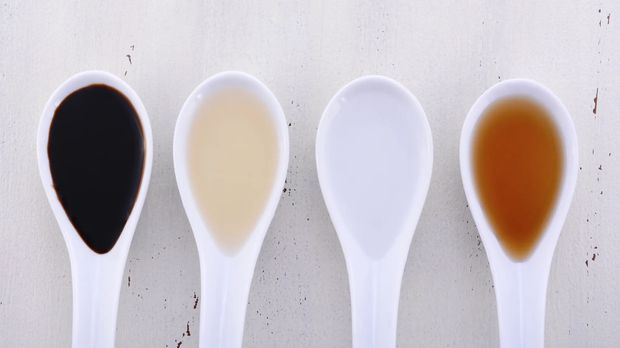
Remember, it is crucial to test the vinegar solution on a small, inconspicuous area of the plant before applying it extensively. Additionally, apply the solution during cooler hours or in the evening to avoid potential leaf burn caused by the combination of sunlight and vinegar.
By sharing my personal journey and providing you with these effective homemade recipes and application steps, I hope you feel empowered to tackle aphids using vinegar. Please note that vinegar is just one component of an integrated pest management approach. Combine it with other strategies like the physical removal of aphids, introducing beneficial insects, and maintaining a healthy garden environment for comprehensive aphid control.
How much vinegar does it take to kill aphids?
The effectiveness of vinegar in killing aphids can depend on several factors, including the concentration of vinegar used in the solution. A commonly recommended dilution ratio for vinegar is one part vinegar to three parts water.
This dilution helps strike a balance between effectiveness and avoiding potential harm to your plants. However, it is important to note that there isn't an exact measurement of vinegar that guarantees complete aphid eradication.
The effectiveness of the vinegar solution may vary based on factors such as the severity of the infestation, the specific species of aphids, and the overall health of your plants.
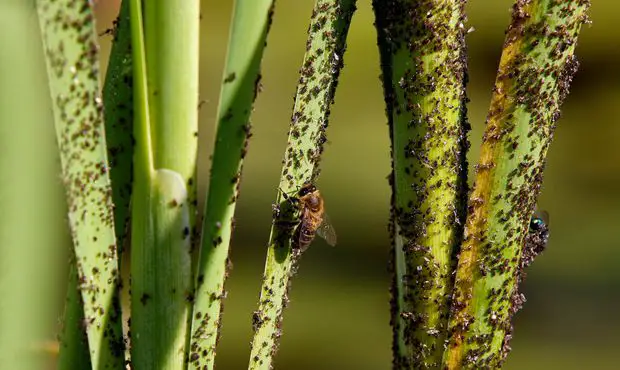
Are there any risks or potential harm to plants when using vinegar to kill aphids?
Vinegar, especially when used undiluted or in high concentrations, can potentially harm plant tissues, particularly sensitive or young plants.
It is important to test the vinegar solution on a small, inconspicuous area of the plant before applying it extensively. Additionally, avoid applying the solution during periods of high heat or direct sunlight to prevent leaf burn.
Are there any alternative natural methods or remedies to control aphids?
There are several alternative methods to control aphids naturally. These include introducing beneficial insects like ladybugs or lacewings, using insecticidal soaps or neem oil sprays, employing physical removal techniques such as manually squishing aphids or using a strong stream of water to dislodge them, and implementing cultural practices like maintaining good garden hygiene, removing weed hosts, and promoting plant diversity.
How can I prevent aphids from infesting my plants in the first place?
Prevention is key in managing aphids. Some preventive measures include regularly inspecting your plants for signs of aphids or other pests, practising good plant care such as proper watering and fertilisation, encouraging beneficial insects to your garden by planting nectar-rich flowers, employing companion planting strategies, and creating physical barriers like fine mesh netting to deter aphids from reaching your plants.
Remember, a holistic approach that combines different methods tailored to your specific situation often yields the best results in aphid control. It's essential to monitor your plants closely, be proactive in identifying and addressing aphid infestations, and adapt your strategies as needed.
The amount of vinegar to use in your solution can vary depending on the severity of the aphid infestation and the specific plant you're treating. As mentioned earlier, a commonly recommended dilution is one part vinegar to three parts water. However, you can adjust the concentration based on the plant's tolerance and the intensity of the aphid problem.
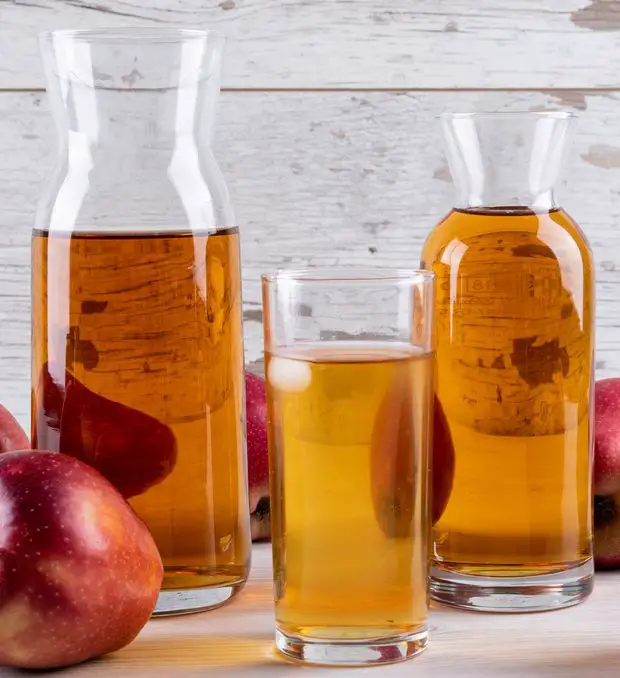
Vinegar on different plants. Usage comparison:
Jasmine
Jasmine plants are generally sensitive to vinegar, so it is important to exercise caution when applying vinegar solutions. Start with a milder dilution, such as one part vinegar to four parts water, and observe the plant's reaction. If there are no adverse effects, you can gradually increase the concentration.
Initial dilution: Start with a ratio of 1 part vinegar to 4 parts water (e.g., ¼ cup vinegar and 1 cup water).
Increase in concentration (if tolerated): Gradually adjust to a ratio of 1 part vinegar to 3 parts water (e.g., ⅓ cup vinegar and 1 cup water).
Hibiscus
Hibiscus plants are generally more tolerant of vinegar solutions. You can begin with a one-to-three vinegar-to-water ratio and adjust as needed. If you notice any leaf discolouration or plant stress, dilute the solution further.
Recommended dilution: Use a ratio of 1 part vinegar to 3 parts water (e.g., ⅓ cup vinegar and 1 cup water).
Adjusting concentration: If the plant tolerates it well, you can maintain this ratio. Otherwise, dilute the solution further by adding more water.
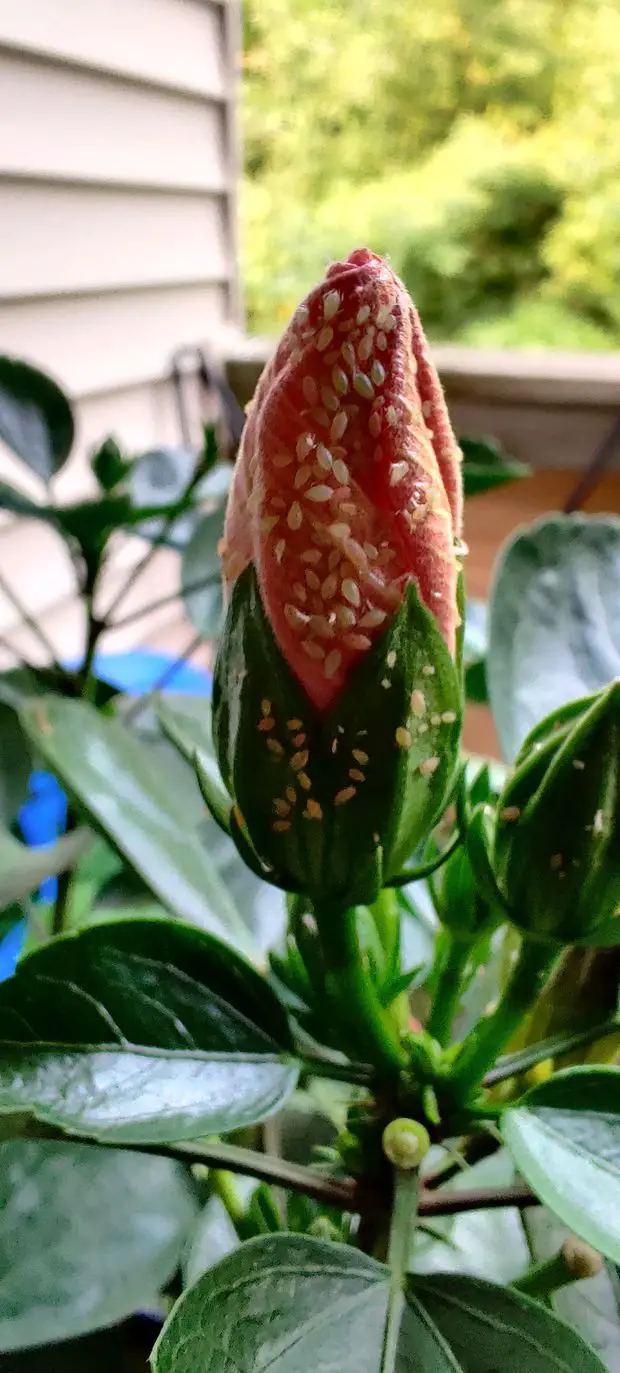
Gardenias
Gardenias are also sensitive to vinegar, so it's advisable to use a milder concentration. Start with a one-part vinegar to five-part water ratio and monitor the plant's response. If necessary, you can increase the vinegar concentration slightly but always exercise caution.
Initial dilution: Start with a ratio of 1 part vinegar to 5 parts water (e.g., 1/5 cup vinegar and 1 cup water).
Adjusting concentration: If the plant shows no adverse effects, you can maintain this ratio. However, if any leaf discolouration or stress occurs, dilute the solution further by adding more water.
Plumerias
Plumerias are relatively hardy plants and can tolerate a slightly stronger vinegar solution. Begin with a one-to-three vinegar-to-water ratio and adjust accordingly. Monitor the plant's health and adjust the concentration if any negative effects are observed.
Recommended dilution: Use a ratio of 1 part vinegar to 3 parts water (e.g., ⅓ cup vinegar and 1 cup water).
Adjusting concentration: If the plant responds well, you can continue using this ratio. However, if any negative effects appear, add additional water to dilute the solution slightly more.
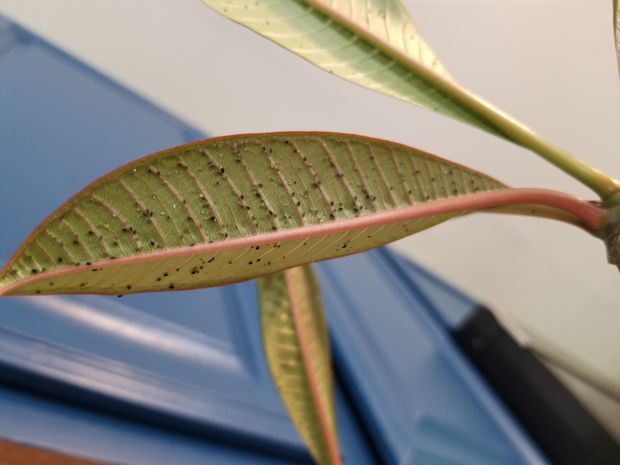
There you go! To enjoy a happy gardening experience free from aphid troubles, vinegar can be your secret weapon. It is acidic properties effectively disrupt and control these pesky invaders. Dilute it, apply it with care, and watch your plants flourish. Say goodbye to aphids and hello to a thriving garden!
